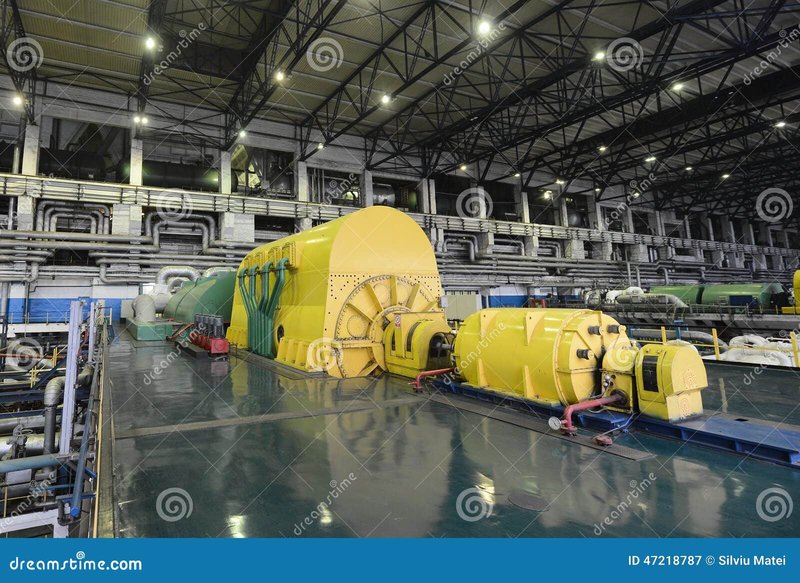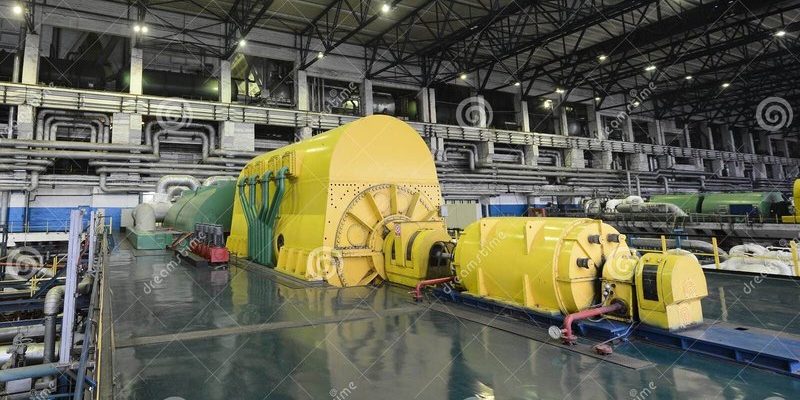
Imagine you’re planning a weekend camping trip. You have two choices: haul a bulky generator that roars like a lion or pack a compact power station that hums quietly while providing power. Both options have their merits, but they serve different situations. In this article, we’ll explore the differences, similarities, and practical considerations of using a power station instead of a generator, particularly in the bustling Nashville area.
Understanding Power Stations and Generators
Power stations and generators both serve the same basic purpose: providing electricity when you need it. However, they operate differently. A generator typically runs on gasoline or propane. It’s like a workhorse, well-suited for heavy-duty tasks but often noisy and less portable. On the flip side, a power station (or portable power bank) is usually battery-operated. It’s quieter and cleaner, almost like a gentle breeze compared to the storm of a generator.
Generators are great for larger homes or heavy appliances, like refrigerators or air conditioners. If you’re looking at powering big machines or running your home during a long outage, they might be your go-to. But for smaller tasks—charging phones, powering laptops, or running small appliances—a power station is often more convenient. Just imagine needing to plug in your phone while camping. A power station quietly takes care of that without the fuss of gas or loud noises.
Advantages of Using Power Stations
Power stations come with several advantages that make them a popular choice for many.
- Portability: Most power stations are designed to be compact and lightweight, making them easy to carry. Think of it as a trusted backpack—light and simple to take anywhere.
- Eco-Friendly: Power stations are generally more sustainable. They use batteries, eliminating the need for fossil fuels. You can feel good about your choice while staying powered up.
- Quiet Operation: Unlike generators that can wake the whole neighborhood, power stations purr softly in the background. They’re perfect for camping trips or backyard barbecues where peace is part of the ambiance.
Of course, there are a few things to keep in mind. While they are amazing for small devices, they typically have lower power outputs than generators. If you need to run multiple heavy appliances, a power station might not cut it.
When to Choose a Generator
Generators certainly have their place, especially for specific situations. If you’re looking at a long-term power outage or need to run multiple high-wattage devices, generators can step up to the plate.
- High Energy Needs: If you need to power your entire home or large machines, a generator is usually more suitable. Think of it like having a truck for moving furniture compared to a sedan.
- Extended Use: Generators can run for hours, providing consistent power. If you’re facing a prolonged outage, they’re reliable workhorses.
- Better for Larger Settings: For events or larger gatherings, generators can handle the collective power needs of multiple devices, from lights to sound systems.
So, if you live in an area like 37204 where storms or outages can last a while, the robustness of a generator might be more appealing. It’s about finding the right fit for your unique needs.
Power Stations in 37204: What to Know
Living in 37204 offers unique challenges and benefits when it comes to power outages. The area is known for its beautiful neighborhoods and occasional weather-related power interruptions. Therefore, understanding your local conditions can help you decide.
Power stations are perfect for smaller homes or individual needs in this area. For example, if you experience a brief outage that affects only a few devices, a power station could handle that easily. It can charge your devices and keep your Wi-Fi running, allowing you to stay connected with little fuss.
However, Nashville weather can be unpredictable. If a storm knocks out power for days, you might reach for a more potent solution. In those cases, a generator can ensure your refrigerator stays cool and your home remains livable.
Costs and Budget Considerations
When considering whether to use a power station instead of a generator, cost is an important factor.
- Initial Investment: Power stations can range from a couple of hundred dollars to several thousand, depending on the power capacity. Generators can sometimes be cheaper at first glance, but don’t forget the ongoing costs of fuel.
- Maintenance Costs: Generators typically require more maintenance, including oil changes and fuel storage. Power stations, however, mainly need to be charged.
- Long-Term Use: If you plan on using power in various situations (camping, home backups), consider how often you’ll use each tool. Power stations might offer more versatility.
Ultimately, your budget and intended use will guide you in making the best decision.
Common Misunderstandings About Power Stations
You might be wondering about some common myths surrounding power stations.
- Myth 1: They’re only for small devices. While they excel in powering phones and laptops, many power stations can handle small appliances too, depending on their wattage.
- Myth 2: They’re not reliable. Many high-quality power stations can offer consistent, long-lasting power, making them a dependable choice for many situations.
- Myth 3: You can’t use them during emergencies. In reality, they can be lifesavers in emergencies, providing enough power to keep essential devices running.
It’s essential to separate fact from fiction. Knowledge is a powerful tool!
So, can you use a power station instead of a generator in Zip Code 37204? The answer ultimately depends on your unique needs. If you’re looking for a compact, eco-friendly option that will keep smaller devices running during short outages, a power station is a solid choice. However, if you need to power multiple large appliances during longer outages, a generator might be the way to go.
When choosing between the two, think about your typical usage scenarios, local weather conditions, and what you’ll need during an outage. Both power stations and generators have their strengths and serve important roles. By understanding how they function, you can make an informed decision that keeps your home running smoothly, no matter what happens outside.
